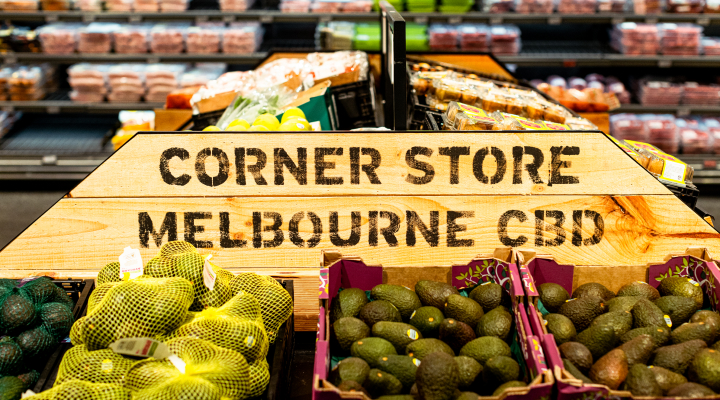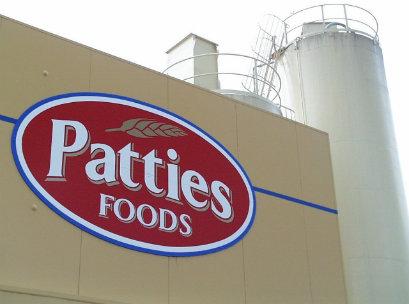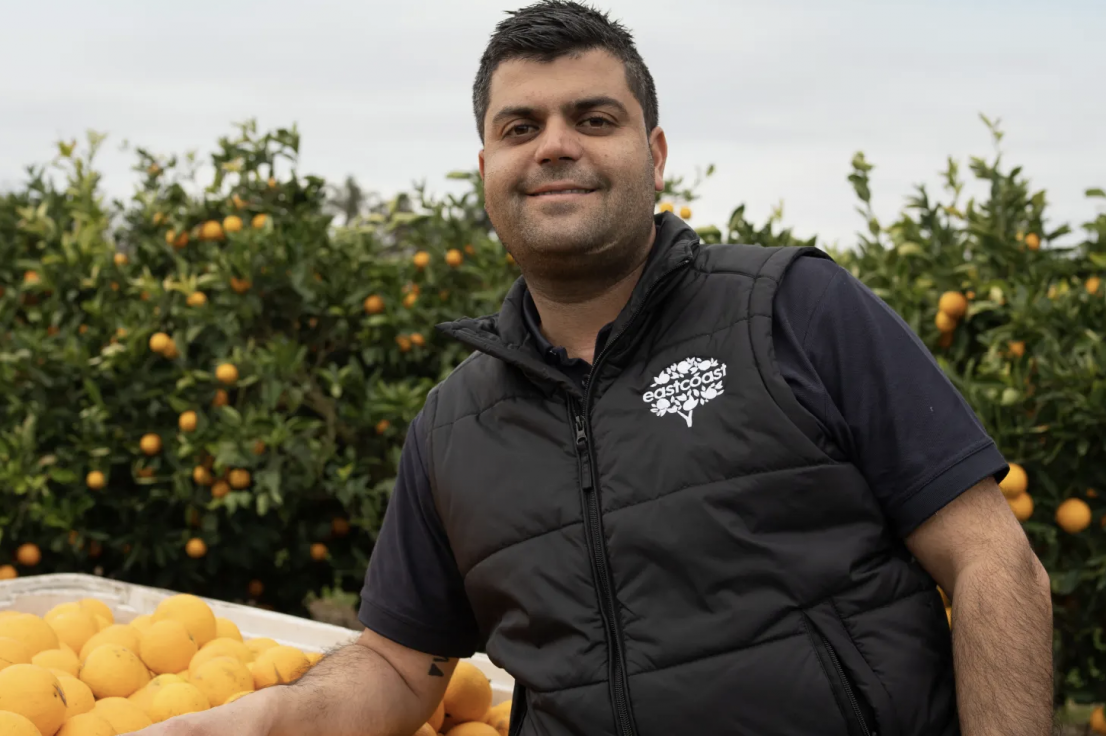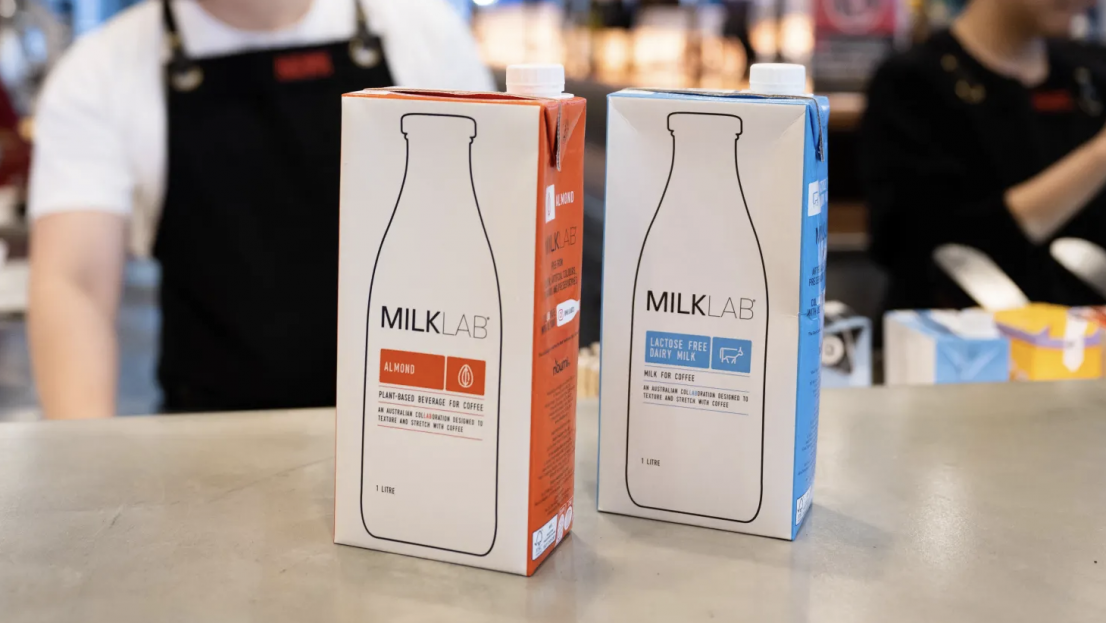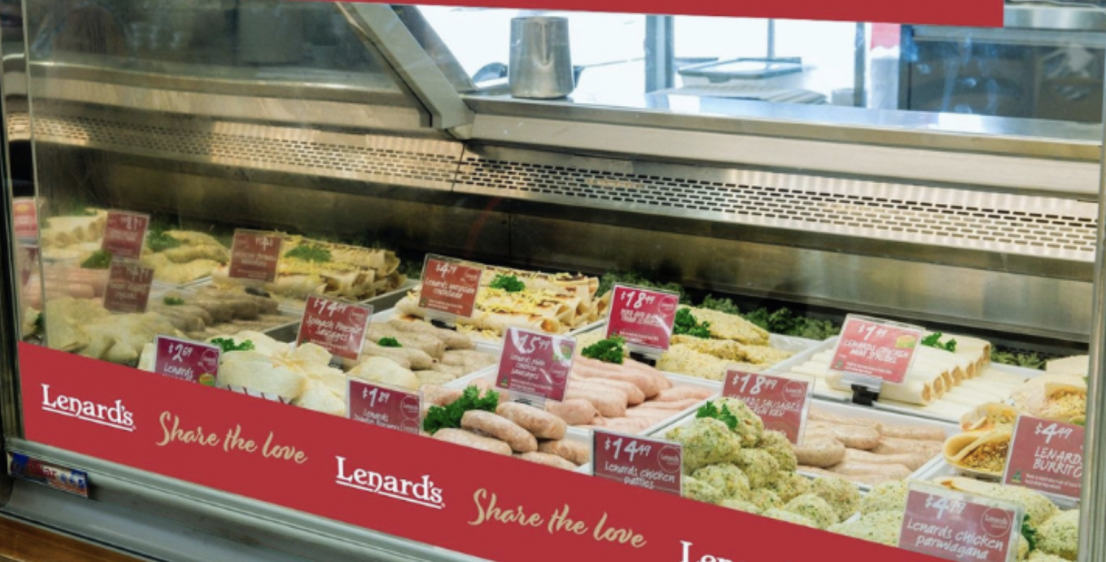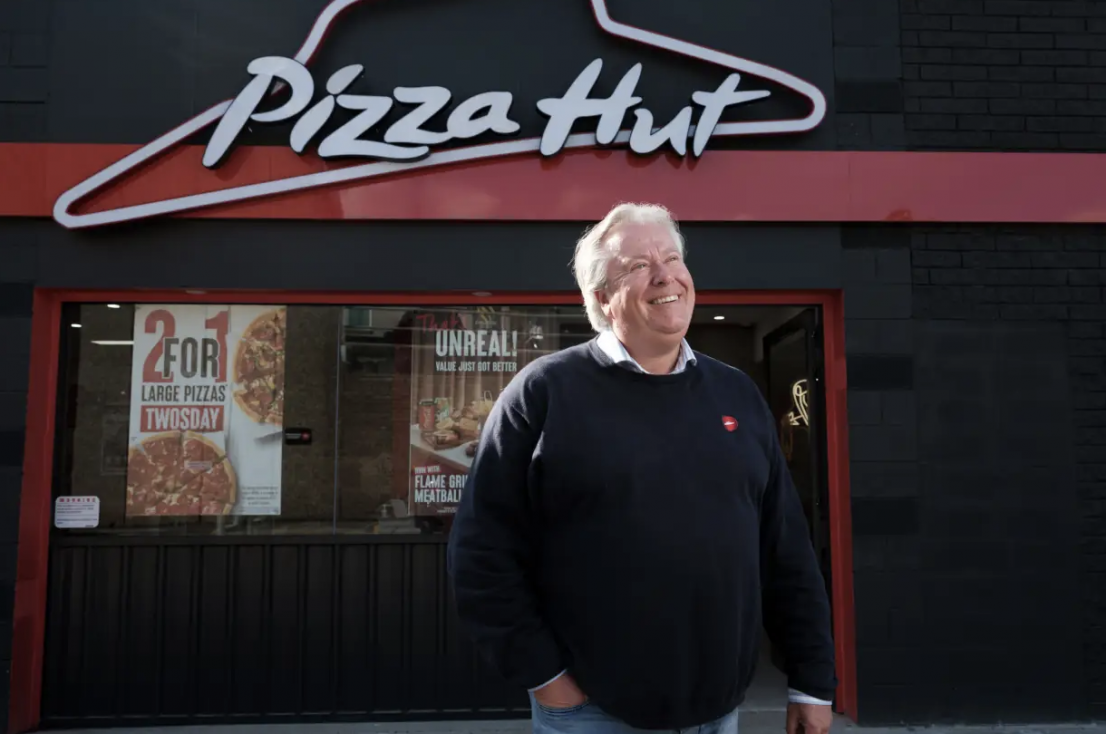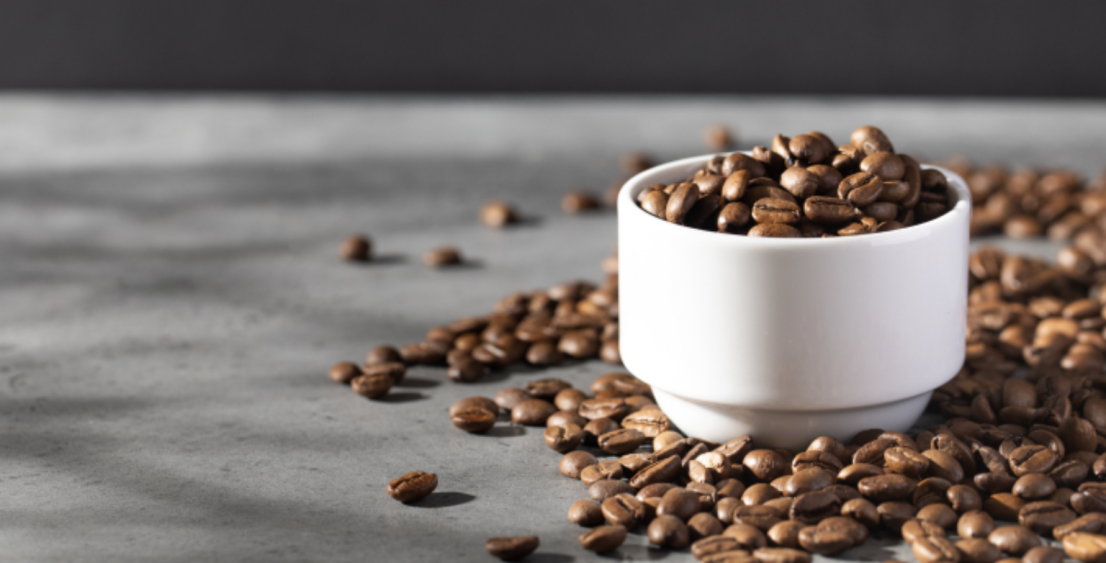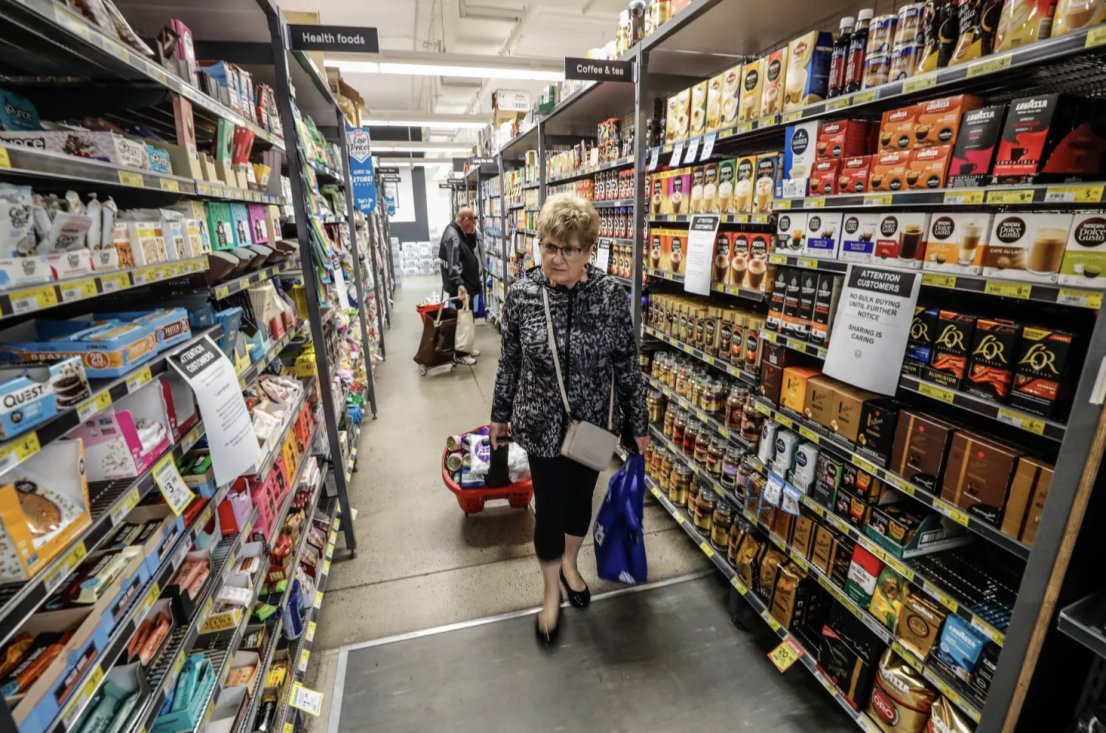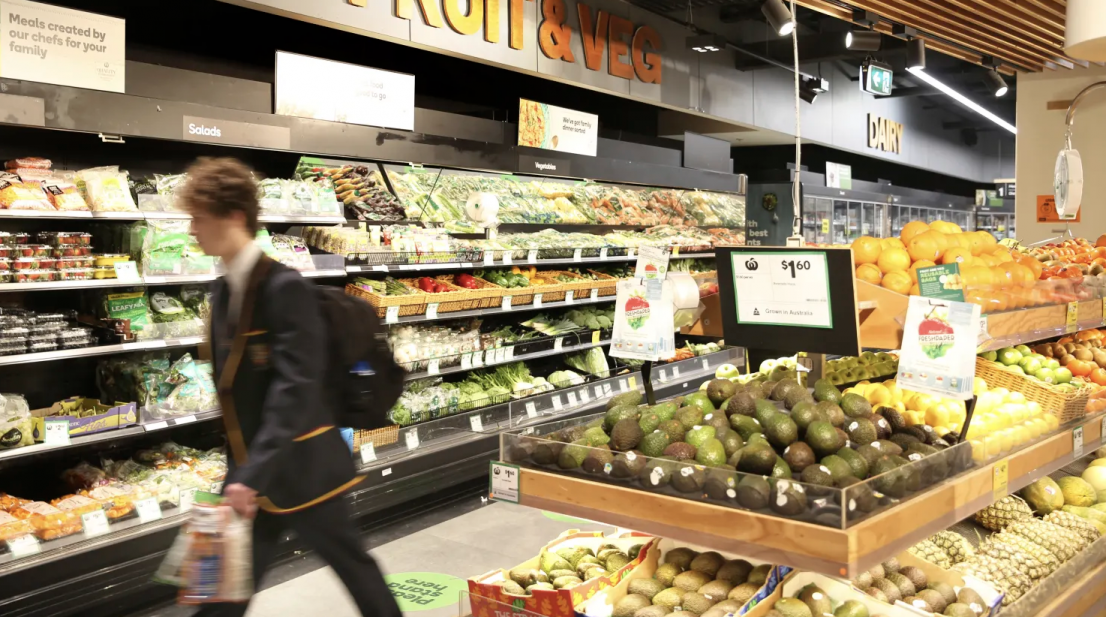
The move by nation’s supermarkets to lock in prices on everyday grocery items may be short-lived, with Woolworths and Coles yet to commit to extending their policies beyond the next few months.
Both Coles and Woolworths have moved to reduce and lock in prices on a range of common items this year, in a bid to give shoppers greater certainty over their bills at a time of product shortages and rising cost of living pressure.
Woolworths has launched a price drop program on common grocery items, which is set to end in November, as well as a policy to freeze the price of 200 essentials until the end of the calendar year. Meanwhile, Coles this week decreased the price of 150 items and locked these until the end of January 2023.
With the Reserve Bank’s decision on Tuesday to raise interest rates by 25 basis points to nine-year highs to exert further strain on household budgets, lower income households in particular would need to tighten their belts. Both major supermarkets have acknowledged that their customers are facing a cost of living crunch, and said they are keen to offer deals for budget conscious shoppers.
However, neither would confirm on Tuesday whether these policies will be extended beyond the end of this year.
“Like any of our promotions or value offers, we will continue to work with our supplier partners on whether these offers can be extended, as well as the potential to bring in other new and exciting offers,” a Coles spokesperson said.
Woolworths would not comment on future pricing decisions, but a spokesperson for the supermarket said the business was working on a range of offers to help its customers.
“Customers can also stretch their budget without sacrificing top quality by opting for our Woolworths brand products, which are available across a range of categories at competitive prices,” they said.
Retail analysts are tipping conditions will deteriorate for businesses, which sell their produce to the big supermarkets, as they tackle rising cost pressures and tightening margins. Pressure from these suppliers, could spell an end to product promotions and force the hand of big supermarkets on pushing through price increases.
A survey of 56 consumer goods makers by investment bank Jarden, carried out last month, revealed close to three quarters of the suppliers surveyed wanted to raise prices in 2022.
“This would suggest inflation will continue to accelerate in the coming months,” analyst Ben Gilbert wrote in a note to clients.
Retail expert and QUT professor Gary Mortimer said the prevailing market conditions put the major supermarkets in a difficult spot, as they manage their bottomline while providing relief to their customers.
Delivery price consistency, according to Mortimer, was an important tool for supermarkets during inflationary times, especially as discounting becomes more difficult.
“Consumers are certainly attracted to a supermarket that can hold prices at a consistent level for a period of time, particularly if it’s those core products that people buy,” he said.
Coles’ shares closed the session 1.35 per cent stronger at $16.52, while Woolworths was 1.5 per cent higher to $33.99.


